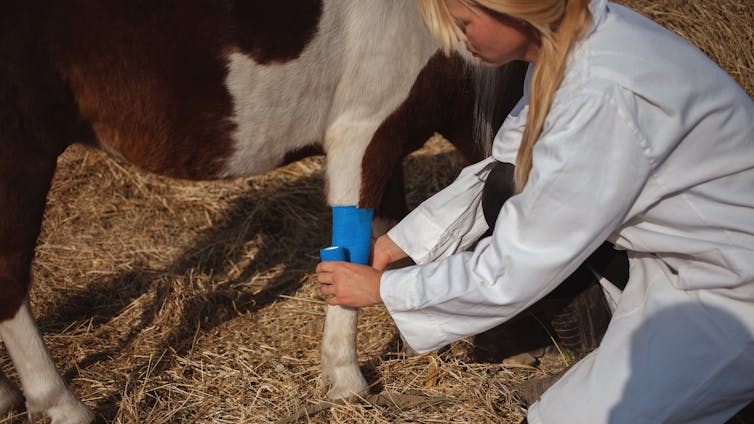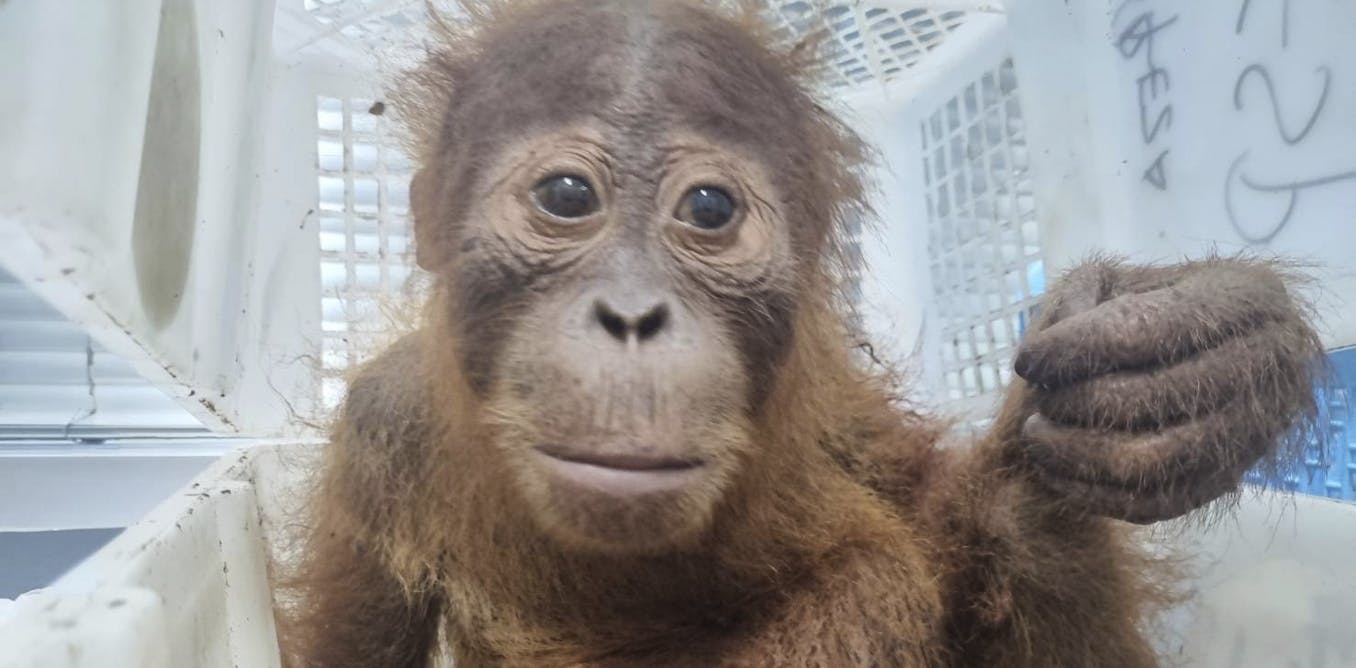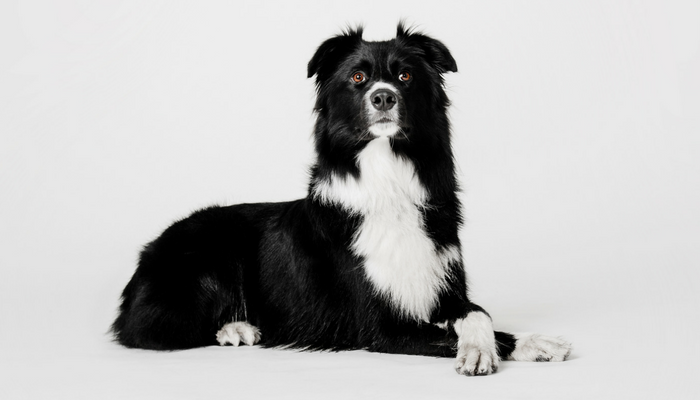Taking your pet to the vet might feel different these days, and there’s a reason for that. About 60% of UK practices are now owned by just six big companies, raising concerns about cost, care and competition.
But ownership is only part of the picture. After four years researching life inside vet practices, I’ve found that what really shapes the experience – for vets and pet owners alike – is how each clinic is managed.
Although it is the head offices of these large companies that determine business strategies, it is local managers who implement the policies. The way they choose to do this can significantly affect the experiences of vets and their clients.
Until 1999, UK vet practices had to be owned by qualified vets. Most were small, local and privately run.
Get your news from actual experts, straight to your inbox. Sign up to our daily newsletter to receive all The Conversation UK’s latest coverage of news and research, from politics and business to the arts and sciences.
But that changed when the Veterinary Surgeons Act was amended to allow wider ownership. This opened the door for venture capitalists, healthcare companies and multinational corporations, like Mars and Nestlé, to expand into the veterinary sector. They quickly bought up small vet practices and soon dominated the market.
This domination has led to concerns of an excessive focus on profit rather than affordable veterinary care, leading to high costs for owners and stressful performance targets for vets. The Competition and Markets Authority (CMA) has been investigating the veterinary sector since September 2023 because of this.
Veterinary practices are either owned by individuals, joint ventures between corporations and vets, or wholly owned by large corporations. Those in the first category tend to be known colloquially as “independents” and the rest as “corporates”.
Much of the narrative in the media has concentrated on the dichotomy between independents and corporates. There’s a suggestion that corporates charge excessive fees and pressurise vets to sell additional services.
But my research, which included 97 interviews with 25 vets, suggests that the profession is far more nuanced than this. I spoke with a vet who described the most stressful, target-driven environment not in a corporate, but in an independent practice.
In contrast, several vets working for corporates had remained in the same practice since they graduated. They experienced supportive working environments, high standards of care and no pressure to meet targets.
Another vet had switched between corporate and independent practices and believed that it was easier to provide affordable care in the independent practices due to lower prices and greater autonomy. But they left one independent practice as they were uncomfortable with the standard of care offered. “Independent good, corporate bad” is not always the case.

Vaillery/Shutterstock
Management matters
I found that practice management shapes the experiences of vets and clients far more than ownership. Even within the same corporate, there are significant differences in how managers implement policies and support their teams.
Whereas in one practice a manager may turn a blind eye when a vet supports a client by missing a minor item from a bill, in another they may be reminded to bill correctly. Vets described staying in practices where they felt valued and supported, where they could provide appropriate care for their patients and where they could keep learning.
High professional standards and compassionate management cultures were important. But other vets described crying at the end of the day when the relentless workload and lack of support meant they could not care for their patients as they wished. They spoke out and nothing changed until eventually they left.
Vets may not agree with all elements of the corporate business strategy, but they are more likely to remain with a practice due to the actions of local managers than due to decisions made at the corporate headquarters.
Read more:
Rising vet fees leave pet owners facing tough choices – and vets often bear the brunt
What about pet owners? A survey by the CMA as part of their investigation found that most people choose a vet based on location and quality of care, not cost.
However, the research also found that many owners were not aware that their vet practices were corporates. Only two of the six corporates use distinct corporate names and branding for their practices, with the others often only mentioning corporate ownership in their small print. This lack of transparency may lead to owners choosing a practice because they incorrectly believe it is independent, a situation that concerns the CMA.
There are real challenges facing the veterinary profession, from rising costs to staff burnout and workforce shortages. But pitting independents against corporates risks missing the point. The conversation needs to be shifted away from who owns the practice and towards how they’re run on the ground. What matters is whether vets are supported to provide the kind of care they trained for, and whether managers are equipped to lead teams with compassion, fairness and professionalism.
After all, that’s what benefits everyone, whether it be the vets, the clients or the animals.

The post “Are independent vets really better? The real issue isn’t necessarily who owns them” by Rachel Williams, Reader in Human Resource Management, Cardiff University was published on 05/19/2025 by theconversation.com






































Leave a Reply